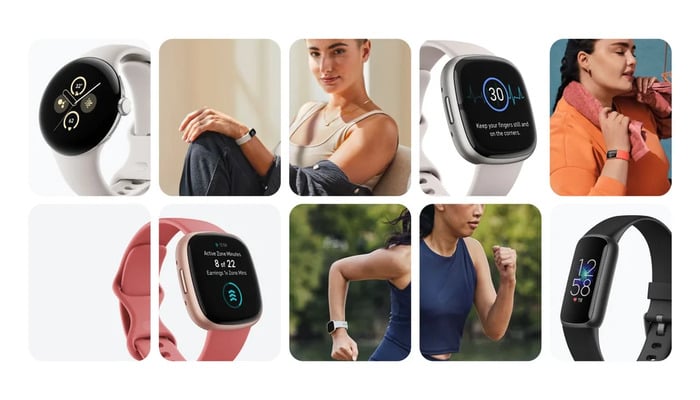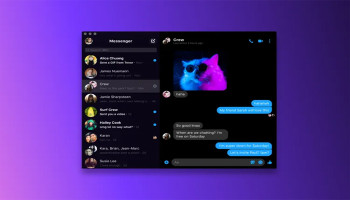
Fitbit, a leading wearable device brand, has made it easier for users to share their atrial fibrillation (AFib) data with the healthcare providers. AFib is a type of irregular heart rhythm that can increase the risk of stroke and heart failure.
However, Fitbit devices can effectively detect signs of AFib and alert its users through the Irregular Rhythm Notifications feature. This feature has been enabled by nearly 10 million users worldwide.
Previously, users had to export and share their AFib data separately to the healthcare providers, which was a bit time-consuming process for its users. The new upgrade of introducing the AFib endpoints on the Fitbit Web API has made this process more efficient.
Read more: Google Maps launches speedometer, speed limits for iPhone, CarPlay
What's Fitbit Web API?
The Fitbit Web API is a platform that allows healthcare providers to access Fitbit user data, including AFib information, in a secure and convenient way. The new AFib endpoints enable healthcare providers to integrate Fitbit data into their systems without building their own apps.
Uses of Fitbit WEB API
The Fitbit Web API can be used in various ways, such as:
- Hospitals can incorporate AFib data into heart health programs, enabling early detection and treatment.
- Health plans can develop population health programs to support early detection and treatment for large groups of people at risk of AFib.
- Researchers can use AFib data to study the impact of Irregular Rhythm Notifications on outcomes.
- Fitbit users can expect a notification from the Fitbit app about sharing AFib data if they're a patient or member of a health organization using the new IRN endpoints.















